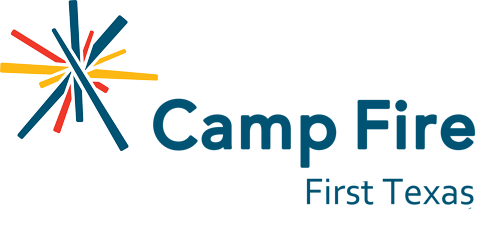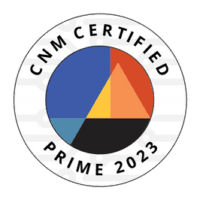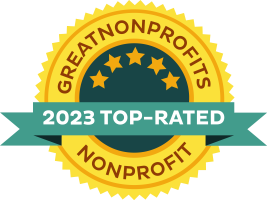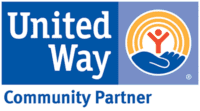This blog previously appeared on CampFire.org.
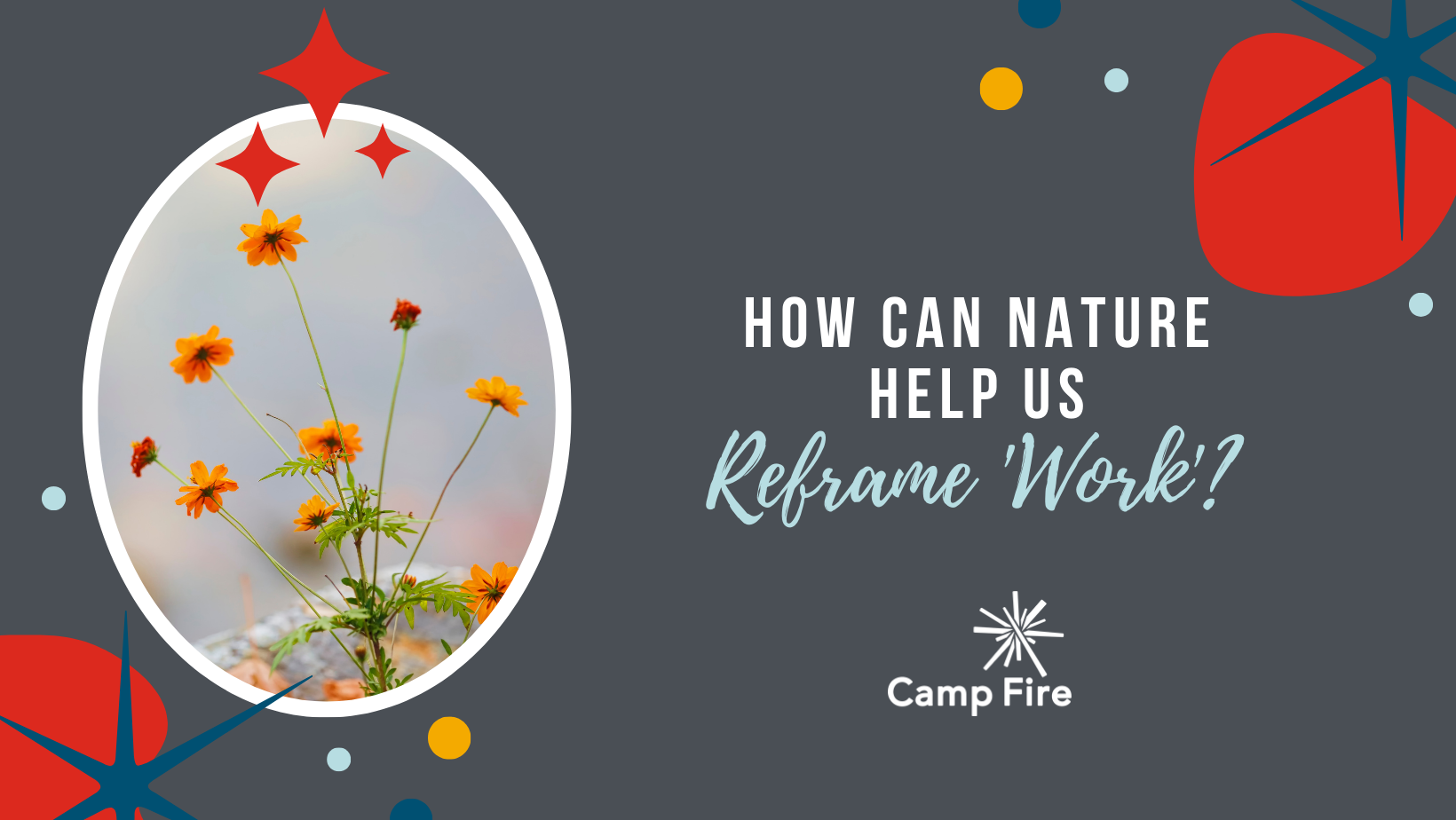
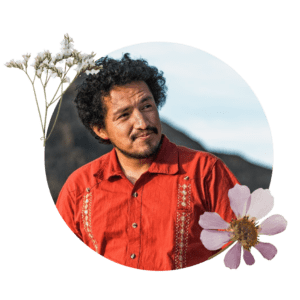 “What happens when you shift from thinking of your team functioning like a well-oiled machine to a well-nurtured meadow?”
“What happens when you shift from thinking of your team functioning like a well-oiled machine to a well-nurtured meadow?”
This is just one of the many re-framing questions from José González, an environmentalist, Chicano and educator, and founder of Latino Outdoors and Outdoorist Oath. José helps others see culture through the lens of nature.
As an organization who knows the power of the outdoors, we had to talk to José and find out: How can we take inspiration from nature and reframe how we think about Camp Fire’s second strategic goal: Champion a thriving workforce, present and future?
s p a c e
Camp Fire: How has an understanding of nature led to your work and where you are today?
José González: The most recent element that has shaped my work is how nature heals severed connections. The land can be instructive for creating the conditions, structures, and elements for people to have a livelihood and to relate with each other. If we continue via a reductive, mechanistic approach, then all we’re doing is perpetuating harm. How can we be truly revolutionary? The root of the word revolutionary means revolution — cycles. If we were to design a workforce with regenerative cycles, it doesn’t mean money disappears overnight. It doesn’t mean you can’t have an iPhone. But you now have to approach work with different responsibilities and logic. It allows us to see people as complex, not just elements in a pipeline, and imagine a career path more like a braided river.
Camp Fire: How does making the shift to a nature-based metaphor for work help young people imagine different futures?
José González: I think it’s having a sense that there’s an agency of co-creation in that vision versus just taking what you inherit and playing the role. But it’s a both/and. I understand the frustration, the urgency to say: “Burn it all down! This capitalist, colonial, extractive, consumer-based economy and structure is no good. Be gone!” I say, “Yes, and…” Just like prescribed burning, there’s an intention and an approach. Here’s that mentorship from the land again: You have to look at the conditions we’ve inherited. If any spark makes the whole forest go away, that’s not good. At the same time, you can’t ignore all the underbrush and the necessity for prescribed burning. What does it mean to be a responsible fire tender? What does it mean to burn to create a healthy landscape? For young people, I say channel it. Help others envision this solar punk future that you’re so excited about. What are the careers? What does it mean to have a livelihood with roles that give your life meaning and don’t just treat you as another bit of the productive, mechanistic infrastructure?
Camp Fire: What are some ways you’re seeing “responsible fire tenders” create careers and livelihoods for themselves?
José González: A lot of young people are moving back on the land, so to speak. They are working with environmental justice, renewable energy and fossil fuel consumption. They are looking at the challenges around affordable housing and creating more community-oriented types of living. I think it’s important to ask the question: How does this job give meaning and serve my community, versus only being driven by a paycheck?
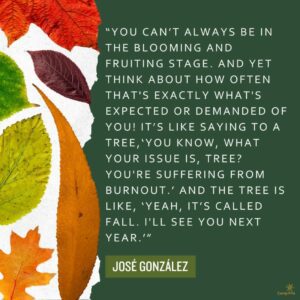 Camp Fire: What are other ways nature metaphors are playing out in the organizations you consult with?
Camp Fire: What are other ways nature metaphors are playing out in the organizations you consult with?
José González: I tell people nobody is going to a meadow and saying, “You’re not meadowing enough today.” What does this tell you about how you can move with cycles of productivity? You can’t always be in the blooming and fruiting stage. And yet think about how often that’s exactly what’s expected or demanded of you! It’s like saying to a tree, “You know, what your issue is, tree? You’re suffering from burnout.” And the tree is like, “Yeah, it’s called fall. I’ll see you next year.” We can ignore these cues from our non-human kin, but it’s perpetuating a separation from nature. I’m not going to be exactly like the squirrel or exactly like the raven — being human is its own beautiful mess. But if I ignore what some of those natural relationships are, then I’m only deepening harm. What is the healing process? What does it mean to reconnect all of these different elements?
Camp Fire: How can we reconnect with cycles and seasons of rest, especially when our macro-culture isn’t supportive of that?
José González: Step one is struggling with (and having grace for) the question: Where’s the urgency behind this coming from? Am I treating work like an emergency room situation as a default? Second: actually getting out in nature. I have to challenge myself to go for that walk, go for that jog, spend time in the garden, talk to the tree. The last part is acknowledging privilege. I can’t callously say to someone: “You need to go out in nature and chill!” And they’re like, “Yeah, can you pay my rent?” Don’t be fooled by thinking it’s only an individual choice. I applaud and support self care, but I don’t want us to ignore community care and structural care, so that the onus is not just on individuals. So when people say, “Hey, the outdoors is for everyone,” that’s an invitation to say, “You’re right, but why does not everyone feel that’s true?” We can ask what are the social constructs that we have agency to change.
